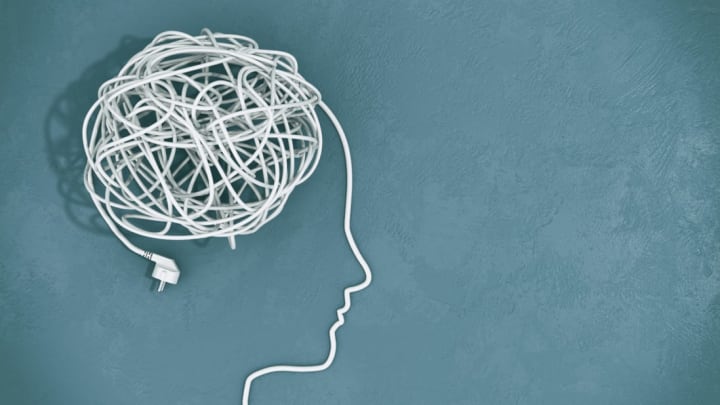You’ve always considered yourself a sound decision-maker. From that heavily researched car that you drove to work this morning to the carefully prepared meal you’ll cook up for dinner this evening, you put a lot of thought into every choice that you make—maybe too much thought.
Business Insider recently sifted through a pile of research to create a relevant infographic which can be viewed here. It highlights 20 of the most common cognitive biases that can lead to bad decision-making, including the idea that the more information you have, the more likely you are to make the smartest choice. Be sure to head to Business Insider for the full infographic, but you can take a look at a summary below.
1. Anchoring bias
The first bit of information you hear might have too much influence on your decisions.
2. Availability heuristic
Keep referencing anecdotal information? You might be relying too much on stories about people you know than a wide scope of data.
3. Bandwagon effect
The more people believe in an idea, the more likely you might be to share it.
4. Blind-spot bias
If you don't know which biases you have, you might not know how they affect your thinking.
5. Choice-supportive bias
Once you make a choice, you might tend to support that choice no matter what.
6. Clustering illusion
See patterns where there aren't any? You might be making decisions based on data that isn't valid.
7. Confirmation bias
Preconceptions can make it harder to be open to opposing ideas.
8. Conservatism bias
A deeply-held set of beliefs can be hard to adjust when they've been embedded in your thinking.
9. Information bias
You might think having lots and lots of information makes for a better decision, even though some of it might not be relevant.
10. Ostrich effect
Do you avoid negative input? You might be avoiding information you don't like to hear.
11. Outcome bias
You might lean too much on how a decision played out rather than how you arrived at that decision.
12. Overconfidence
Being too confident in your ability to make a decision might blind you to more rational thinking.
13. Placebo effect
You might be too quick to believe in an event's outcome, similar to how a person taking a sugar pill is convinced it will help their headache.
14. Pro-innovation bias
Did you invent something? You might be too biased toward it to have an objective opinion about it.
15. Recency
Newer information might be more valuable to you than dated--but still solid--data.
16. Salience
The easier something is to imagine, the more you might dwell on it--even if it's not statistically likely to happen.
17. Selective perception
Your expectations might influence your opinion.
18. Stereotyping
When you assume someone has the traits of a larger group, you fail to identify the individual.
19. Survivorship bias
When you focus on success stories, you might miss how difficult it's been for others to achieve the same goals.
20. Zero-risk bias
Don't want to take a chance? Focusing on goals that guarantee success means you miss out on riskier propositions that could pay off in the end.
[h/t Business Insider]
